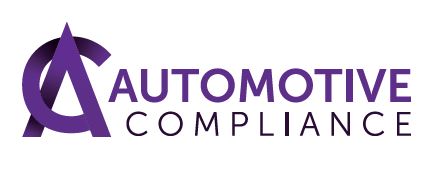The new law only applies to consumers and so businesses CAN still be charged fees, but this can only be the amount it costs to process the transaction.
The surcharge rules are based on how you pay not who you are, though. So if you pay with a business credit card you can be charged extra, but if you’re a business owner using your personal credit card you can’t be charged the surcharge.
The problem is working out in advance what the precise cost to the seller will be when another business buys using their business card and so it has to be framed in terms of % of the transaction and must be no greater a percentage imposed by the card provider for that transaction. So a fixed charge for each transaction (regardless of price of goods) is not permitted.
The other issue is for sole traders who buy goods. The name on the card may be their personal name but it could be a business card but if one is unsure it has to be assumed to be a personal card so no charge.
What cannot happen is our clients saying “the buyer said he was a trade buyer and so we imposed a charge for him using his card.” As stated above, only if a business credit card is used can you pass on the charges and even then it has to be capped at the precise amount imposed by the card provider.
This is unhelpful and confusing. For example is it a trade to trade transaction or a consumer transaction when a business pays for goods by placing a 10% deposit on their business credit card (and a charge is imposed) and the remainder using their personal credit card (where no charge can be imposed) even though the invoice is made out to the business?

Need help with keeping on track with FCA Regulation and Compliance? Partner with Automotive Compliance



